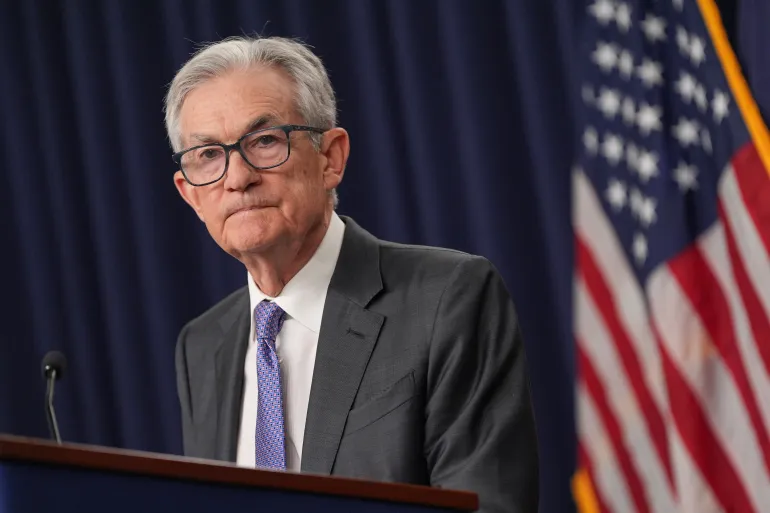A new study has raised serious concerns about the consequences of foreign aid cuts on global HIV efforts, warning that the reductions could reverse decades of progress in HIV treatment and prevention.
According to the study, up to 3 million people could die from HIV-related causes by the end of the decade due to planned or proposed funding cuts from the United States, the United Kingdom, France, Germany, and the Netherlands—countries that collectively account for about 90% of international HIV funding.
The study, published in The Lancet HIV, underscores the critical role that foreign aid plays in reducing HIV transmission and deaths, particularly in sub-Saharan Africa and among vulnerable populations, such as people who inject drugs, sex workers, men who have sex with men, and children. These groups, already at higher risk of acquiring HIV, would be disproportionately affected by the funding cuts.
The United States, through the US Agency for International Development (USAID) and the President’s Emergency Plan for AIDS Relief (PEPFAR), has been a major contributor to global HIV efforts. However, recent reductions in US aid for HIV programs have already disrupted access to essential services like HIV prevention, testing, and antiretroviral therapy (ART). In addition, other major donor countries, including the UK, Germany, and the Netherlands, have also announced or implemented significant cuts to their foreign aid budgets.
Researchers have warned that these reductions could lead to a resurgence of the HIV epidemic. The study projects that between 4.4 million and 10.8 million new HIV infections could occur over the next five years due to the aid cuts. The consequences would be devastating: the number of new infections could increase up to six times among at-risk populations, compared to a scenario where funding levels remain steady.
The greatest impact is expected in sub-Saharan Africa, where HIV prevention programs such as condom distribution and pre-exposure prophylaxis (PrEP) are at risk of being discontinued. These programs, along with mother-to-child transmission prevention and pediatric HIV treatment, have been critical to reducing HIV-related deaths in the region. The discontinuation of these services could lead to a sharp increase in infections and deaths, undermining progress made over the past two decades.
The study also highlights that the cuts could lead to between 770,000 and 2.9 million additional HIV-related deaths worldwide by 2030. This would represent a return to the levels of mortality seen in the early 2000s before substantial international efforts were made to address the epidemic.
The study’s authors, including co-lead researcher Dr. Debra ten Brink of the Burnet Institute in Australia, have called for urgent action to prevent these cuts from undoing years of progress. They emphasize the need for innovative financing strategies and the integration of HIV services into broader health systems to ensure continued access to prevention and treatment.
Health advocates have urged donor countries to reconsider their planned reductions in aid, warning that the long-term consequences of cutting funding for HIV programs will be catastrophic. Anne Aslett of the Elton John AIDS Foundation stated that the study “demonstrates the critical and urgent need for donors to recognize the cumulative impact of their decisions to cut aid budgets.”
With input from Politico, the Guardian, and ABC News.










The latest news in your social feeds
Subscribe to our social media platforms to stay tuned